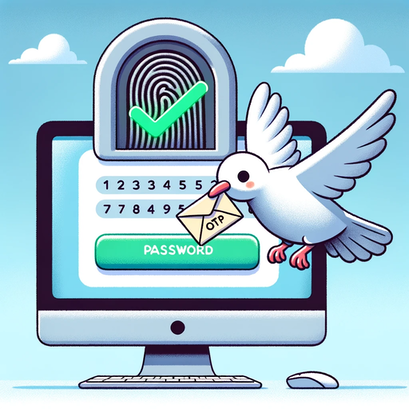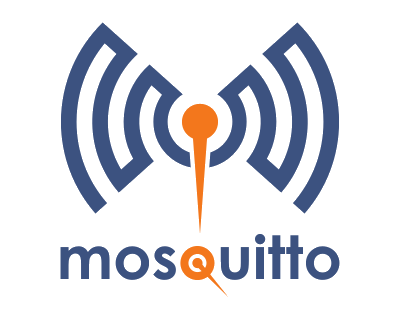
Eclipse Foundation Embraces Sigstore
As part of our ongoing commitment to fortifying the security of our software development processes, we’re excited to announce a significant enhancement for all Eclipse Foundation projects utilizing our Jenkins infrastructure. This advancement comes with the integration of Sigstore, a cutting-edge solution designed to bolster the security and integrity of software supply chains. By exploring the integration of Sigstore within the Eclipse Foundation’s Jenkins setup, this article sets out to demonstrate how this advancement is reshaping secure software development and deployment for Eclipse Foundation projects.





